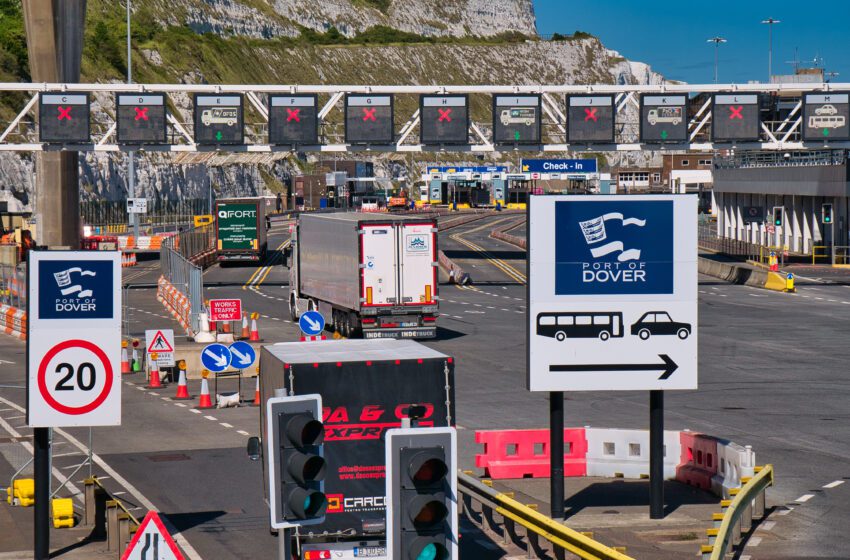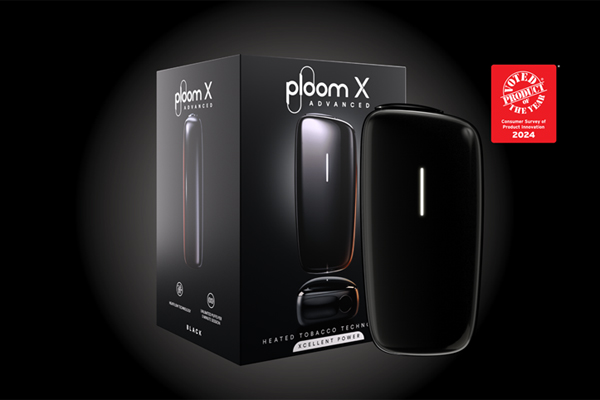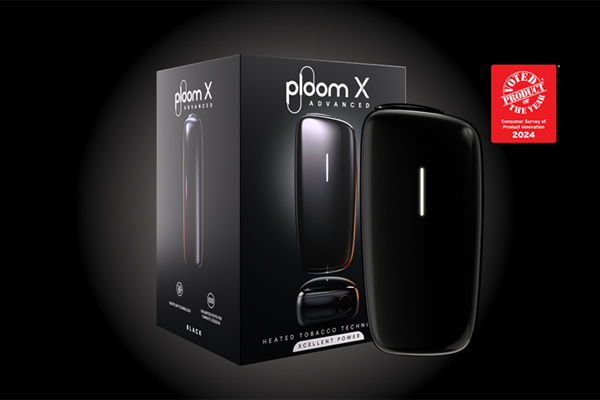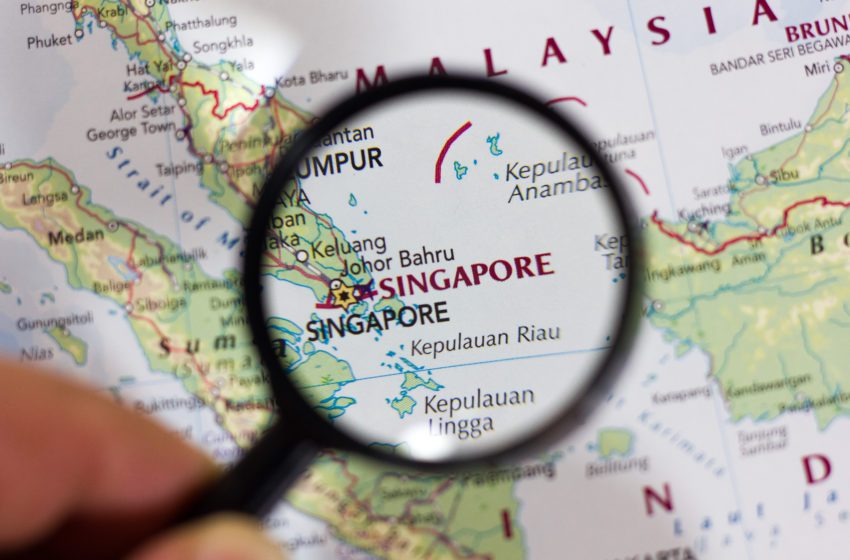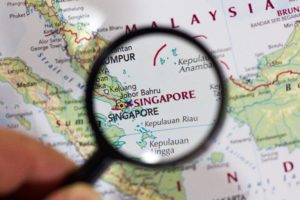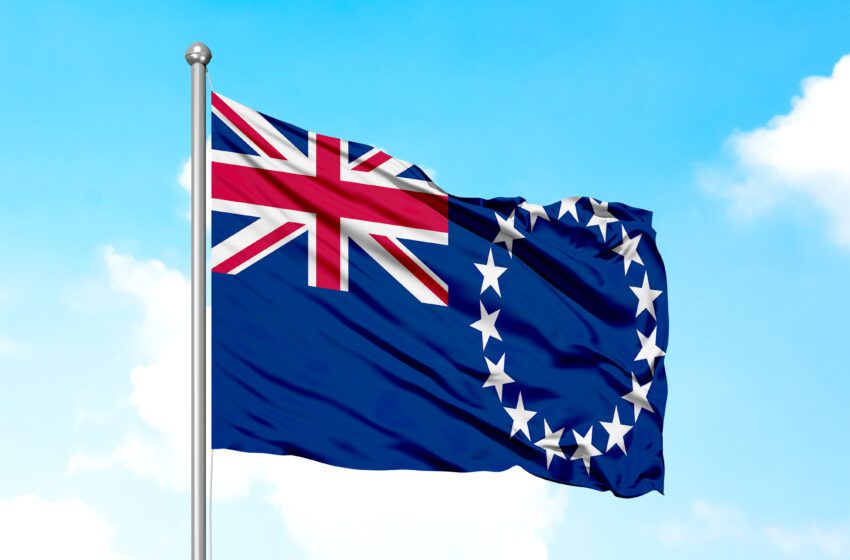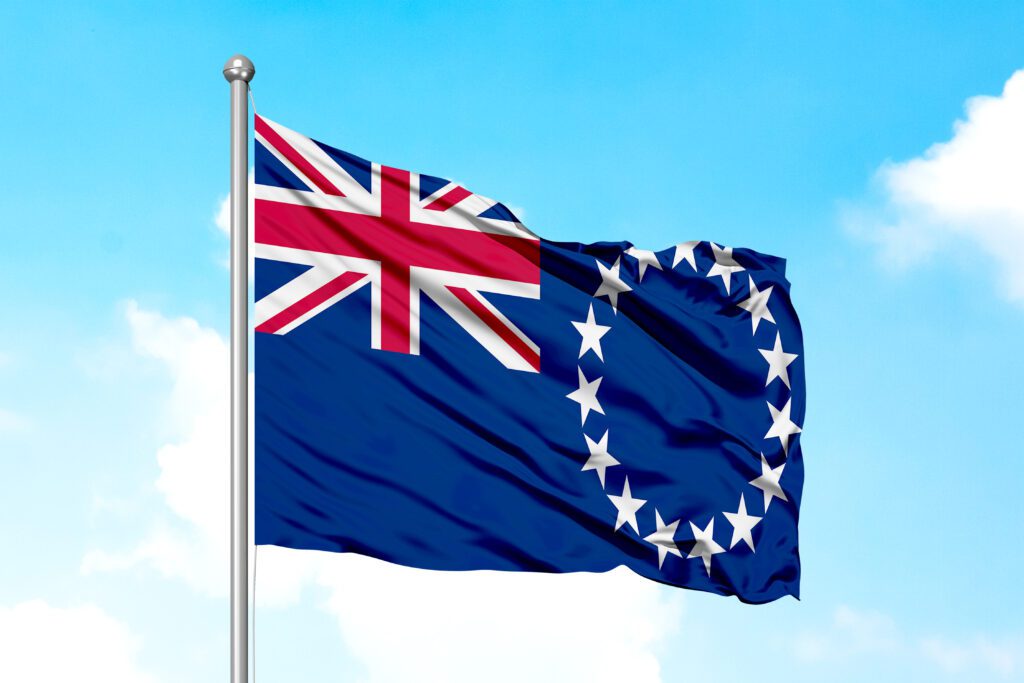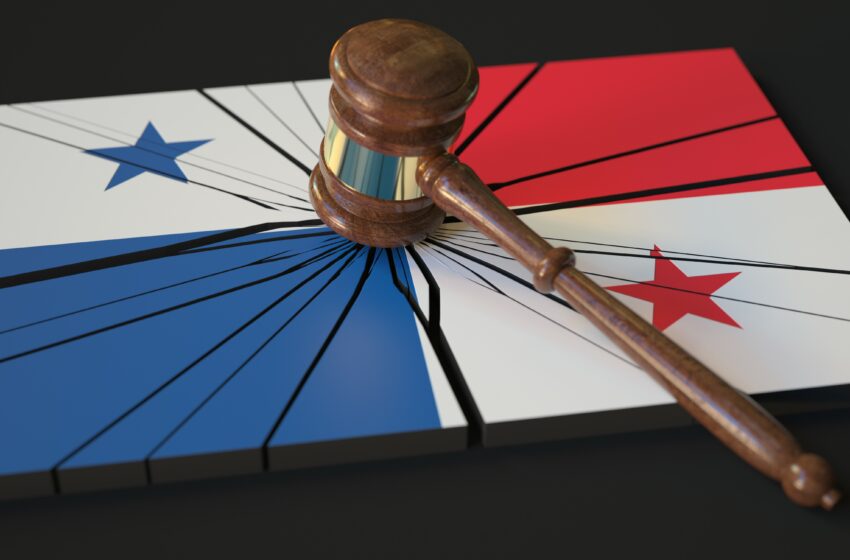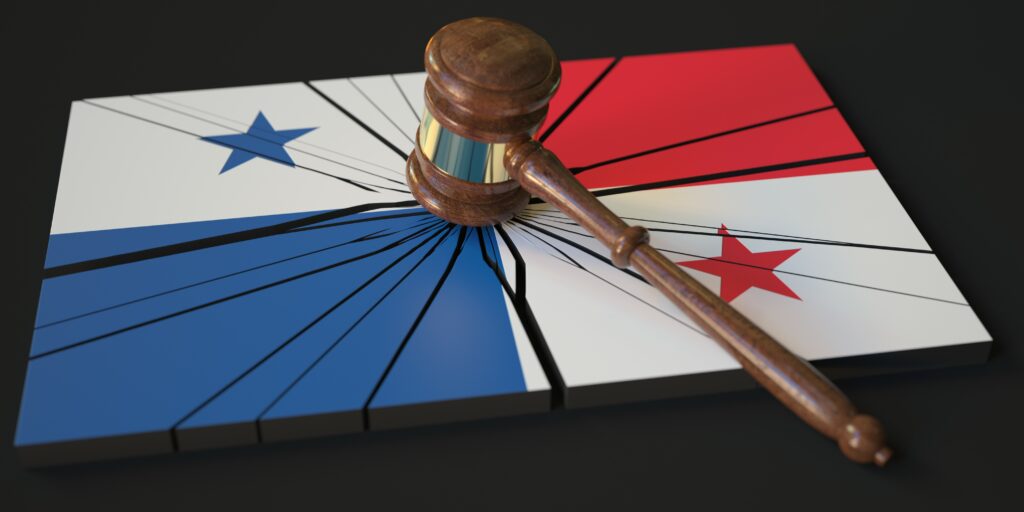
The new Vape Law in the Philippines will take effect on June 1. The new rules also apply to all next-generation tobacco products, including heat-not-burn and e-cigarettes. The Department of Trade and Industry (DTI) will require all vape products to be registered with the agency on that date, an official said on Tuesday.
At a forum organized by the Bantay Konsumer, Kalsada, Kuryente (BK3) in Makati, DTI Undersecretary Amanda Nograles said the “importation and manufacturing of vaporized nicotine and non-nicotine products and novel tobacco products must now undergo the DTI certification process.”
This means that products must have the Philippine Standard (PS) mark and Import Commodity Clearance (ICC) sticker first before they can be sold on the market.
Nograles said at least 3 companies have already applied for registration, and they urge others to begin the process since the registration may take some time. She clarified that there will be a 6-month transition period to allow all firms to comply.
“We will allow them to sell all the existing inventory. On January 5, 2025, we will do market clearing. There should be no vape products without a PS license and ICC [sticker],” Nograles said, adding that the agency will continue to monitor shops to ensure that no minors will be allowed to buy vape products. They will also check if the vape has marijuana oil.








